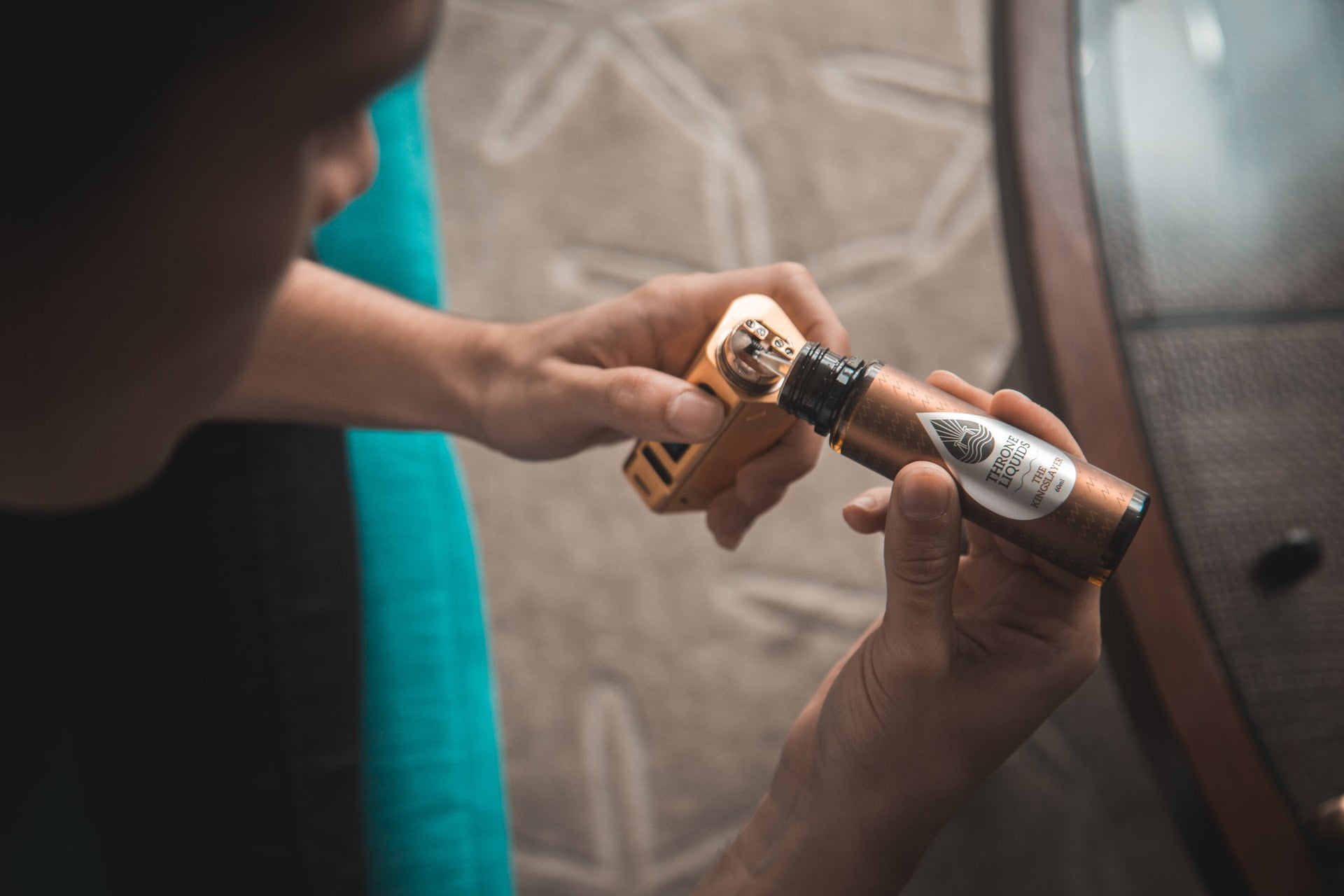Telemedicine will play an integral role in the future of medical care, especially for non-life-threatening conditions. Talking to a medical practitioner via e-mail, online messaging, or a video call allows patients to stay in their homes when they’re sick. This makes the encounter cheaper, more convenient and helps prevent the spread of infectious diseases like the flu.
Telemedicine has existed for over 40 years in rural areas of the US, and that’s about how long the American Telemedicine Association has been collecting data on it. (Of course, decades ago the only technology available for telemedicine was the telephone.) Now there are multiple ways to communicate and provide or receive healthcare, from video chats to health information delivered via patient portals.
One of the most powerful arguments in favor of telemedicine is that it provides care to people in areas and populations that are underserved by licensed medical practitioners. Even though we’ve long known that underserved people have worse health outcomes, the US still cannot train enough doctors and nurses to serve these populations. In fact, we still face a critical shortage of primary care physicians in the near future.
Enter telemedicine as one part of the solution.
Do consumers benefit from telemedicine?
The question has always been whether or not patients will feel like they are getting good care in a digital world. A new study from the University of West Virginia provides some evidence that patients report increased satisfaction with their medical care when they participate in telemedicine.
The study is small and will need further data to back it up. The 30 patients who participated live in the Appalachia region of the Eastern US and were recovering from vascular surgery. Cardiovascular disease is quite common in this region, although there are very few specialists.
The focus of the study was to assess the extent to which the incisions healed without complications. Researches split patients into two groups. Sixteen patients received tablets programmed with a telemedicine app called Enform. This allowed them to connect with the nurses managing their care. They also received thermometers, blood pressure cuffs, scales, and pulse oximeters to take their own readings and report them via the app. The 14 remaining participants received standard follow-up treatment with no equipment.
Patients participating in telemedicine via the app were expected to weigh themselves and report the results from all of the health equipment daily on the Enform app. They were also required to complete wellness and symptom tracking quizzes asking them about their pain levels, their satisfaction with their care, and their mental health. The care team got regular updates on their information along with photos of the incisions made during surgery in order to check up on the healing wound.
Any abnormalities were immediately reported to the patients’ healthcare workers so they could intervene. They were also expected to answer patients’ questions, call in prescriptions, schedule follow-up appointments, and modify care plans within the app.
30 days later, researchers compared the two groups of patients. They wanted to know if the use of the app reduced the rate of wound infections, hospital readmissions, and increased patient well-being.
While infection and readmission rates were the same in both groups, the researchers reported in their press release that:
“…patients in the telemedicine group scored better on measures of their physical function, mental health and role limitations due to physical health problems. In addition, the vast majority of patients who used the app found it intuitive to use. Using a five-point scale to measure ease of use, 91 percent of patients gave it a score of 4 or 5. A similar percentage of patients said the app enriched the quality of care they received.”
Patients using telemedicine in this study also assessed their quality-of-life higher than the control group.
The average telemedicine study participant lived between 60-77 miles from their nearest cardiovascular specialist, so it’s not surprising that quick and reliable at-home care raised patient satisfaction.
While the study was small, it gives us some insight into how telemedicine can work for underserved patients in the future. More studies are being conducted around the world to measure the efficacy of different digital interventions.
It remains to be seen if all patients will be as satisfied and if it will indeed save as much money as some researchers expect, but for now, it appears that it’s a technology worth investing in.




Share Your Thoughts